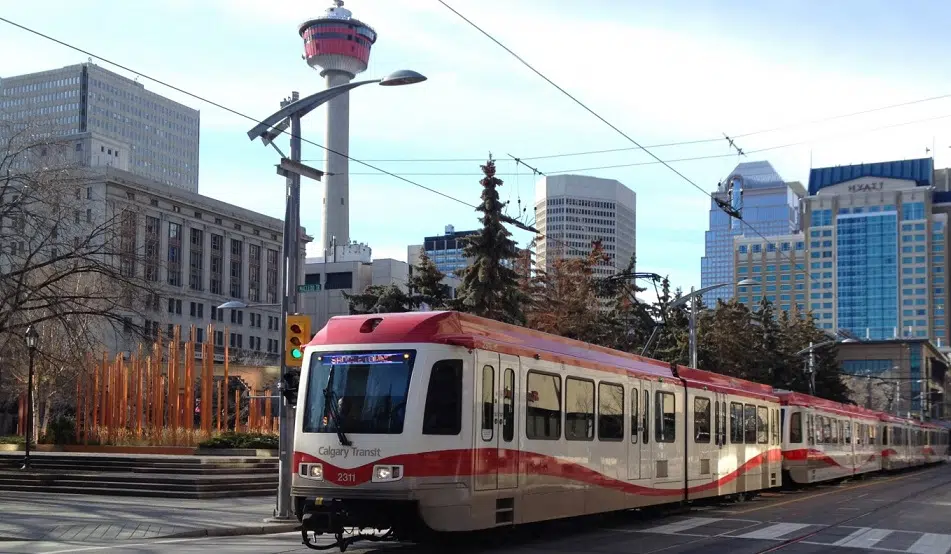As the debate rages on municipal services in Winnipeg, it is important the public receive accurate information on delivery options.
Debate is swirling about the use of public-private partnerships in the provision of water services within the city, as well as in garbage pickup and recycling. A public-private partnership was approved this week by the city's executive policy committee for water delivery.
Coun. Harry Lazarenko has raised the stakes in calling for a motion requiring a referendum in the city before any changes are made to the water delivery system.
In general, the idea of referenda to determine whether politicians have public support for changes is positive.
-
I do not contest that idea per se, as the idea is quite democratic and is commendable, despite its instrumental use in this case.
My main concerns, however, would be whether the public is given full and accurate information about public-private partnerships before they would be asked to vote on the concept.
There is plenty of ignorance about this issue. One look at some comments under a story about the water referendum on the CBC Manitoba website and you see the confusion out there.
It is evident water rates will still be set by a public utilities board and the asset will be owned by the city government. Public-private partnerships are based on many models, and they draw on both state-owned and private assets and expertise. It would be misleading to paint them all as the same. Ultimately, they must serve a public need even if they are drawing on some private assets or expertise. They are not about "surrendering" public services completely to the private sector.
If this referendum goes ahead, I would be worried people like Coun. Lazarenko would get away with incorrectly using the terms "public-private partnership" and "privatization" interchangeably and would create misinformation about what this all involves. One comment on the online site was also telling.
One online commenter said, "Business works for profits and government works for the people."
This simplistic dichotomy is sadly what drives many people when they think about public-private issues.
They cannot or will not see how market forces and incentives can be used to meet important public needs. We need to move beyond the government versus private sector antagonism and the left-right debate.
This naive thinking drives much Canadian debate on health care. In our debate, health care must be "publicly-administered" (read: state-owned).
I would have no problem getting my universal health care through the local 7-11 convenience store as long as it is staffed by competent health care professionals.
Let's have this debate on water services.
Bring on the proponents of private provision and those who prefer complete public utilities.
But, let's be honest in our discussion.


